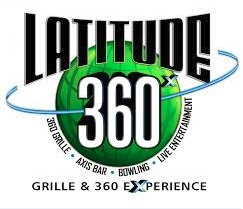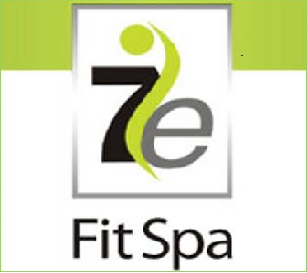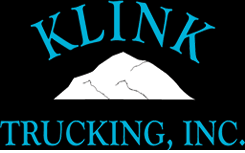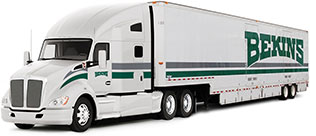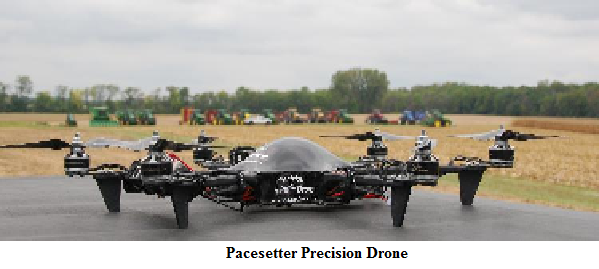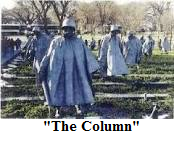Indianapolis, Indiana – A Massachusetts trademark lawsuit filed in July 2015 was transferred to the Southern District of Indiana, Indianapolis Division. Plaintiff Get In Shape Franchise, Inc. (“GIS”), a Massachusetts-based franchisor, alleges that Defendants TFL Fishers, LLC and its sole member, Rosalyn Harris; Thinner For Life, Inc.; and Fit Chicks, LLC, all of Fishers, Indiana infringed its intellectual property rights. GIS asks the Indiana federal court: (1) to order the discontinuation of Defendant’s infringement of its registered trademarks; (2) for injunctive relief due to breach of contract, unfair competition and breach of the covenant of good faith; (3) to order compliance by Harris of her post-contractual obligations.
GIS sells fitness franchises under the service mark “Get In Shape For Women.” Registration Certificates for Plaintiff are as follows:
| MARK | Reg. No. | Reg. Date |
| “Get in Shape for Women” | Service Mark Reg. 3,374,173 | Jan. 22, 2008 |
| “Your treatment is complete” | Service Mark Reg. 4,241,902 | Nov. 13, 2012 |
| “Get in Shape for Women Small Group Personal Training” | Service Mark Reg. 4,249,694 | Nov. 27, 2012 |
Plaintiff contends that it entered into such a franchise agreement with TFL Fishers and Harris in April 2013 for use in the Fishers, Indiana market. This agreement provided for payment to the franchisor of a transfer fee as well as a royalty on the franchise’s gross sales. Plaintiff contends that, pursuant to the agreement, Harris also agreed to various restrictions on her activities, including prohibitions on certain activities that would compete with GIS.
According to the complaint, Harris notified GIS on June 24, 2015 that TFL Fishers was discontinuing its franchised business and had closed its Fishers fitness studio. Instead, contends Plaintiff, it discovered on June 30th that the Fishers studio continued to operate but that it had changed its name to “Fit Chicks.” GIS alleges that this was improper. It also accuses Defendants of other wrongful acts, such as willfully underreporting total sales and, consequently, underreporting the royalty fees due to GIS.
Trademark attorneys for Plaintiff list the following claims for the Indiana federal court’s review and adjudication:
• First Cause of Action: Violation of the Lanham Act
• Second Cause of Action: Breach of Contract – Injunctive Relief
• Third Cause of Action: Breach of Contract – Damages
• Fourth Cause of Action: Breach of the Covenants of Good Faith and Fair Dealings
• Fifth Cause of Action: Unjust Enrichment
• Sixth Cause of Action: Unfair Competition• Seventh Cause of Action: Fraud
Plaintiff seeks damages, including treble damages, along with enforcement of the franchise agreement, equitable relief, attorney’s fees and costs.
 Indiana Intellectual Property Law News
Indiana Intellectual Property Law News



